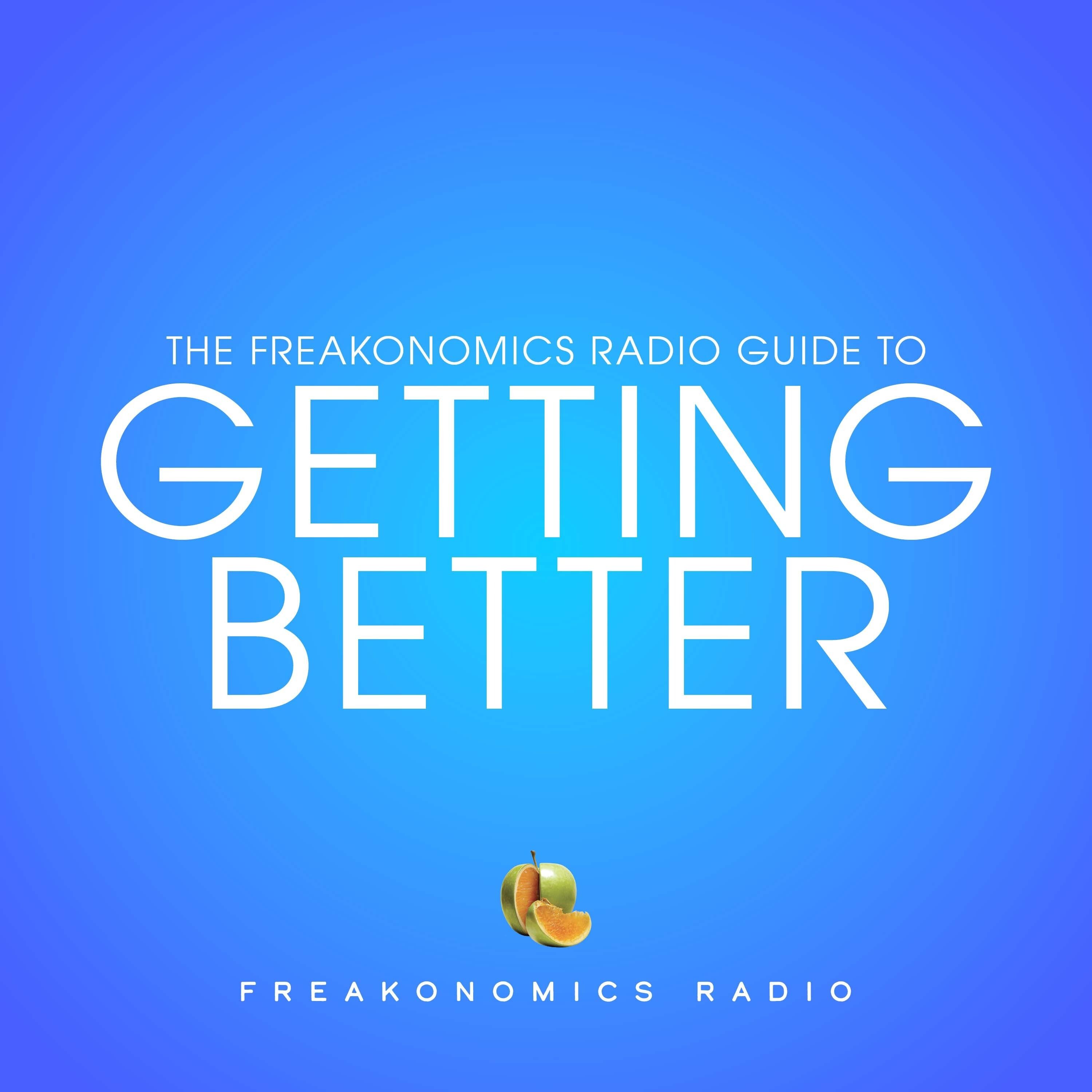Freakonomics Radio
For 50 years, the healthcare industry has been trying (and failing) to harness the power of artificial intelligence. It may finally be ready for prime time. What will this mean for human doctors — and the rest of us? (Part four of “The Freakonomics Radio Guide to Getting Better.”)
- SOURCES:
- Bob Wachter, professor, chair of the department of medicine at the University of California, San Francisco.
- Pierre Elias, cardiologist, assistant professor of biomedical informatics at Columbia University, medical director for artificial intelligence at NewYork-Presbyterian Hospital.
- RESOURCES:
- A Giant Leap: How AI Is Transforming Healthcare and What That Means for Our Future, by Bob Wachter (2026).
- “Epic Systems (MyChart),” by Acquired (2025).
- “Detecting structural heart disease from electrocardiograms using AI,” by Pierre Elias and Timothy Poterucha (Nature, 2025).
- “What Are the Risks of Sharing Medical Records With ChatGPT?” by Maggie Astor (New York Times, 2025).
- “Will Generative Artificial Intelligence Deliver on Its Promise in Health Care?” by Bob Wachter and Erik Brynjolfsson (JAMA, 2023).
- The Digital Doctor: Hope, Hype, and Harm at the Dawn of Medicine’s Computer Age, by Bob Wachter (2015).
- EXTRAS:
- “The Doctor Won’t See You Now,” by Freakonomics Radio (2025).
- “How to Stop Worrying and Love the Robot Apocalypse (Update),” by Freakonomics Radio (2024).
Hosted by Simplecast, an AdsWizz company. See pcm.adswizz.com for information about our collection and use of personal data for advertising.

Extra: Domonique Foxworth Full Interview
Stephen Dubner’s conversation with the former N.F.L. player, union official, and all-around sports thinker, recorded for our “Hidden Side of Sports” series.
365. Not Just Another Labor Force
If you think talent and hard work give top athletes all the leverage to succeed, think again. As employees in the Sports-Industrial Complex, they’ve got a tight earnings window, a high injury rate, little choice…
Extra: Mark Cuban Full Interview
A conversation with the Shark Tank star, entrepreneur, and Dallas Mavericks owner recorded for the Freakonomics Radio series “The Hidden Side of Sports.”
364. Inside the Sports-Industrial Complex
For most of us, the athletes are what make sports interesting. But if you own the team or run the league, your players are essentially very expensive migrant workers who eat into your profits. We…
Extra: Mark Teixeira Full Interview
A conversation with former Major League Baseball player and current ESPN analyst Mark Teixeira, recorded for the Freakonomics Radio series “The Hidden Side of Sports.”
363. Think Like a Winner
Great athletes aren’t just great at the physical stuff. They’ve also learned how to handle pressure, overcome fear, and stay focused. Here’s the good news: you don’t have to be an athlete to use what…
Hacking the World Bank (Update)
Jim Yong Kim has an unorthodox background for a World Bank president — and his reign has been just as unorthodox. He has just announced he’s stepping down, well before his term is over; we…
362. Why Is This Man Running for President?
In the American Dream sweepstakes, Andrew Yang was a pretty big winner. But for every winner, he came to realize, there are thousands upon thousands of losers — a “war on normal people,” he calls…
How to Be Happy (Rebroadcast)
The U.N.’s World Happiness Report — created to curtail our unhealthy obsession with G.D.P. — is dominated every year by the Nordic countries. We head to Denmark to learn the secrets of this happiness epidemic…
How to Win Games and Beat People (Rebroadcast)
Games are as old as civilization itself, and some people think they have huge social value regardless of whether you win or lose. Tom Whipple is not one of those people. That’s why he consulted…
